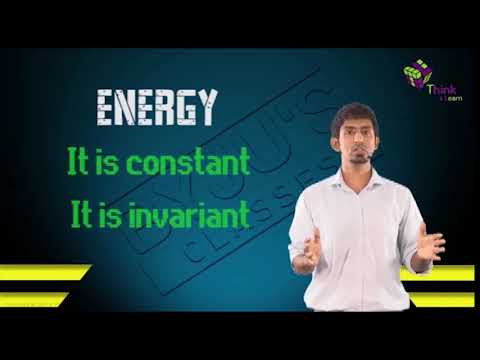What are Solar cells?
The smallest unit of a solar power device is a solar cell. A solar panel is created by several solar cells. The basic electricity generation unit of the solar photovoltaic system shapes solar cells. In fact, solar cells are large-area semiconductor diodes. Because of the photovoltaic effect, light energy (photon energy) is converted into electric current.
Solar cells are also called photovoltaic cells. They convert light energy into electricity.
Recommended Videos

Uses of Solar Cell
Biogas Solar cells are portable, durable and the maintenance cost is low. It was discovered in the year 1950 and its first use was in communication satellite Let’s see some Solar cell applications for different purposes:
- Transportation
- Solar cells in calculators
- Solar cell panels
- Solar cell advantages
1. Solar Cell for Transportation
Solar energy is used in cars. This solar power is created by photovoltaic cells. This electricity is transferred to the storage battery or powers the motor. Ed Passerini was the first person to build a solar car. The first powered car was created in the year 1977
2. Solar Cells in Calculators
Solar-powered calculators use photovoltaic cells. These calculators work with solar energy. The light from sun gives power for the operation of calculators. Solar calculators work very well in outdoor light
3. Solar Cell Panels
On the rooftop, solar panels are kept. It is used as a solar heater which heats the water. This water can be used for bathing. Also, another use it helps in generating power. People can store this energy in the backup battery and can use during power cut issues. Or people can store this energy and use it to generate electricity in their house and save money by reducing the electricity bill
4. Solar Cell Advantages
Solar energy is a renewable form of energy. Saves money as it reduces the electricity bill. Maintaining is simple and affordable so the maintenance cost is also low. It is one of the best alternatives for non-renewable energy.
Frequently Asked Questions – FAQs
What is solar cell and its uses?
Solar cells, also called photovoltaic cells, directly transform energy into electricity from the sun. Renewable energy is provided by solar cells, and they are durable, compact and low-maintenance. In remote environments, solar cells often generate electricity, powering machines far from the closest electrical outlet.
What is the principle of solar cell?
When light enters the p-n junction, via a very thin p-type film, light photons can quickly penetrate the junction. Light energy, in the form of photons, provides the junction with ample energy to create a sequence of electron-hole pairs.
Why solar is important?
The sun helps all life on earth. Sunlight, or solar energy, can be used specifically for residential and enterprise heating and lighting, for power generation, for hot water heating, for solar cooling, and for a range of other commercial and industrial applications.
What is need of solar energy?
When you use solar panels to generate electricity, no greenhouse gas emissions are emitted into the environment. And because the sun produces more energy than we will use, solar-powered electricity is a very effective source of energy to shift into generating renewable energy.
How is solar energy beneficial to humans?
Clean, pure energy is derived from the sun from solar power systems. The installation of solar panels in your home helps mitigate greenhouse gas pollution and reduces our mutual dependency on fossil fuels. Fossil fuels such as coal and natural gas are the basis of conventional energy. Public wellbeing is also enhanced by clean energies.
This was a brief article on the uses of solar cells. To know more about the solar cell uses, download the BYJU’S – the learning app.

Comments